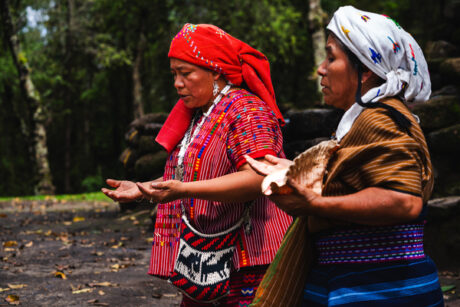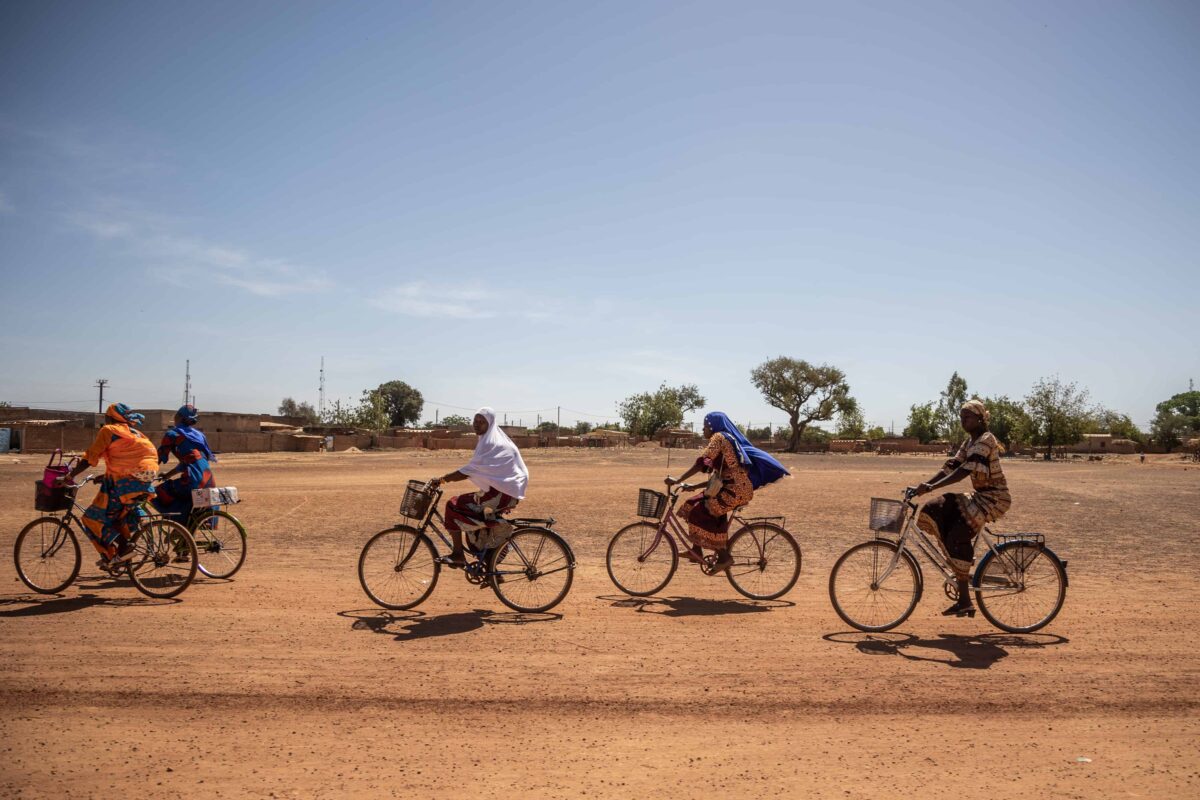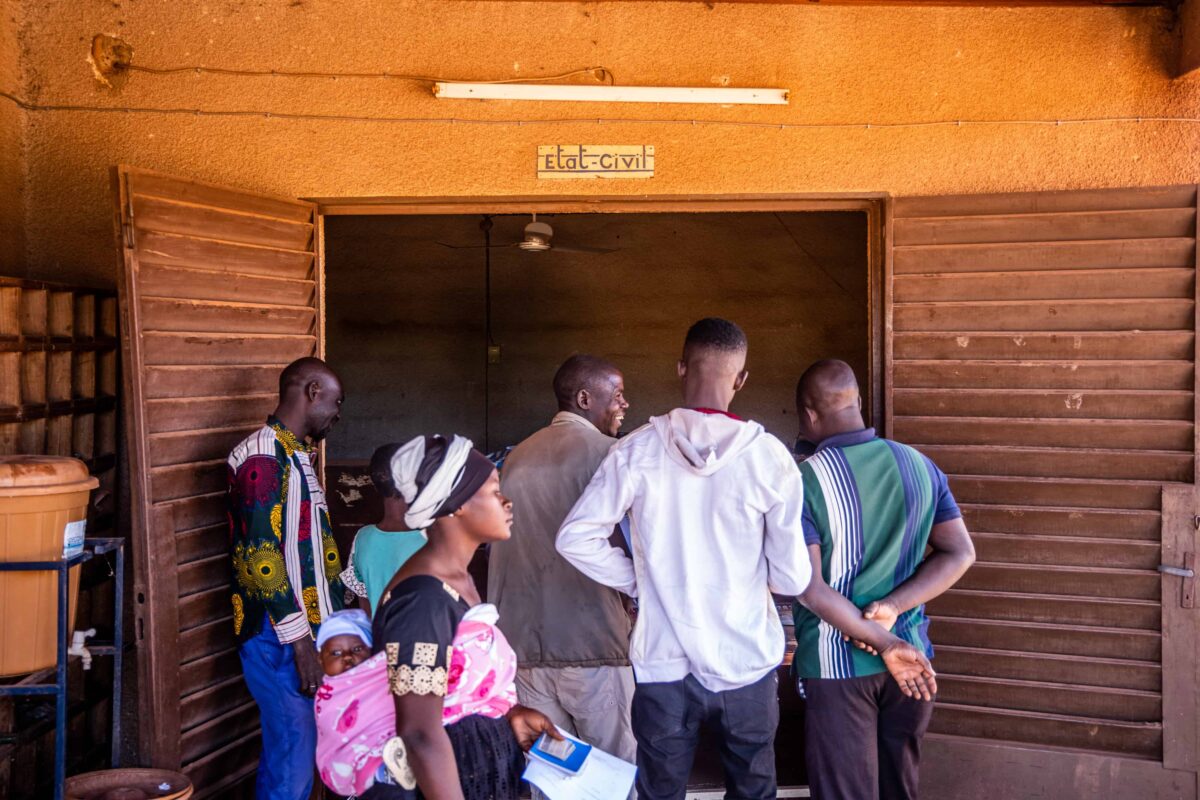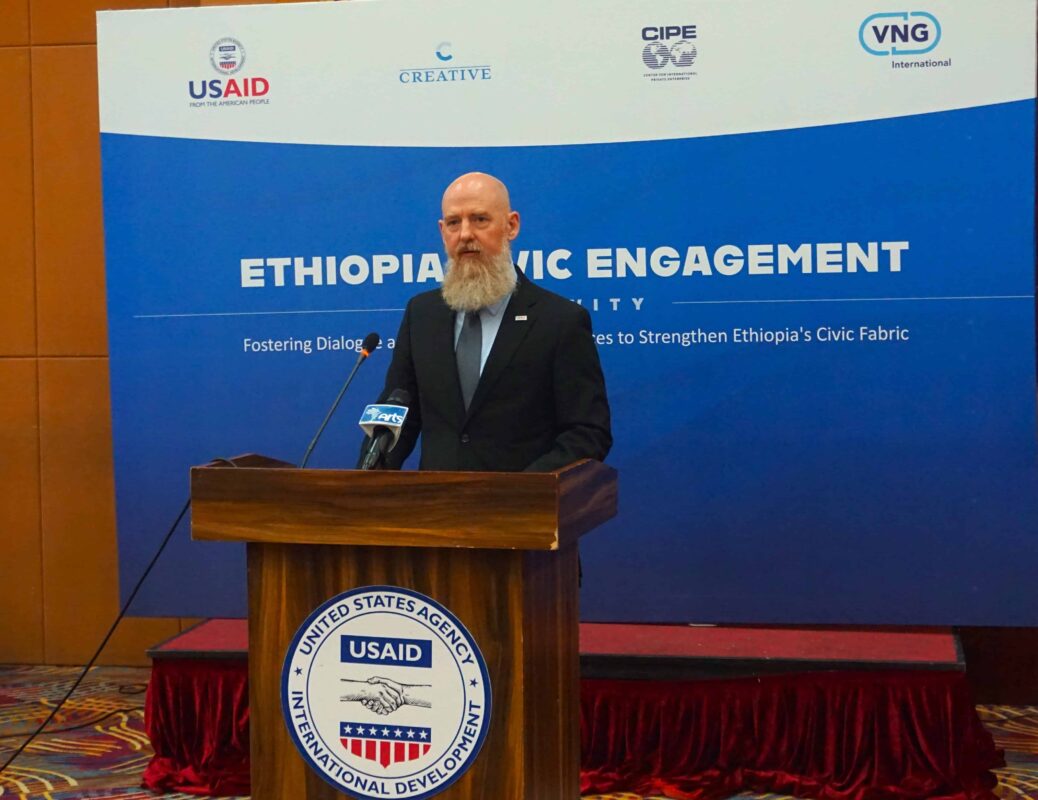A new civil society program that seeks to support the reversal of the decades of top-down governance with a more robust citizen-led approach in Ethiopia has been awarded to Creative Associates International and its consortium of local, regional and international partners.
Funded by the U.S. Agency for International Development, the Ethiopia Civic Engagement Activity is a four-year program designed to strengthen civic and community-based actors’ abilities to engage in policy analysis, advocacy, dialogue and collective action for peaceful, democratic change.
“This new program supports civil society as it continues to grow and play a vital role in shaping Ethiopia’s future by pressing for more modern governance, contributing to the peaceful resolution of the country’s complex conflicts and representing the diverse groups that make up this dynamic country,” says Leland Kruvant, President and CEO of Creative Associates International.
The four-year program uses a collective impact approach in which civil society raises citizen-defined issues in an iterative process. The Ethiopian Civil Society Organization Council, with more than 3,900 members, will bring together a cross section of organizations and individuals – including youth, women, traditional leaders, faith-based organizations, diaspora and others – to co-create activities, while simultaneously building their organizational skills, comity, connection and trust.
Along with implementing partners VNG International and the Center for International Private Enterprise, the USAID-funded program will create up to 20 clusters in key parts of Ethiopia which will promote issue-based partnerships and inclusive dialogue that leads to improved governance.
Vice President and Senior Director of Creative’s Communities in Transition Division, Sharon Van Pelt, says facilitating locally led problem-solving around complex issues and building long-term engagement between citizens are keys to building good governance, ensuring greater stability and more.
“Iteration through experimentation and adaptation will ensure that solutions to governance challenges are locally owned and sustainable,” Van Pelt says.
The new program draws on Creative’s extensive experience in Ethiopia, ranging from civil society engagement to education in conflict and crisis. Currently, Creative and its partners are implementing the USAID READ II Education Recovery Activity in Amhara, Afar and Tigray to support students, educators and others to overcome the trauma of the two-year conflict that ended in November 2022. The program supports more than half a million children in 1,156 conflict-affected primary schools in 90 districts with teaching, learning and recreational materials for students, as well as social emotional support, basic school supplies, furniture, and tents for schools and temporary learning centers to resume teaching and learning.
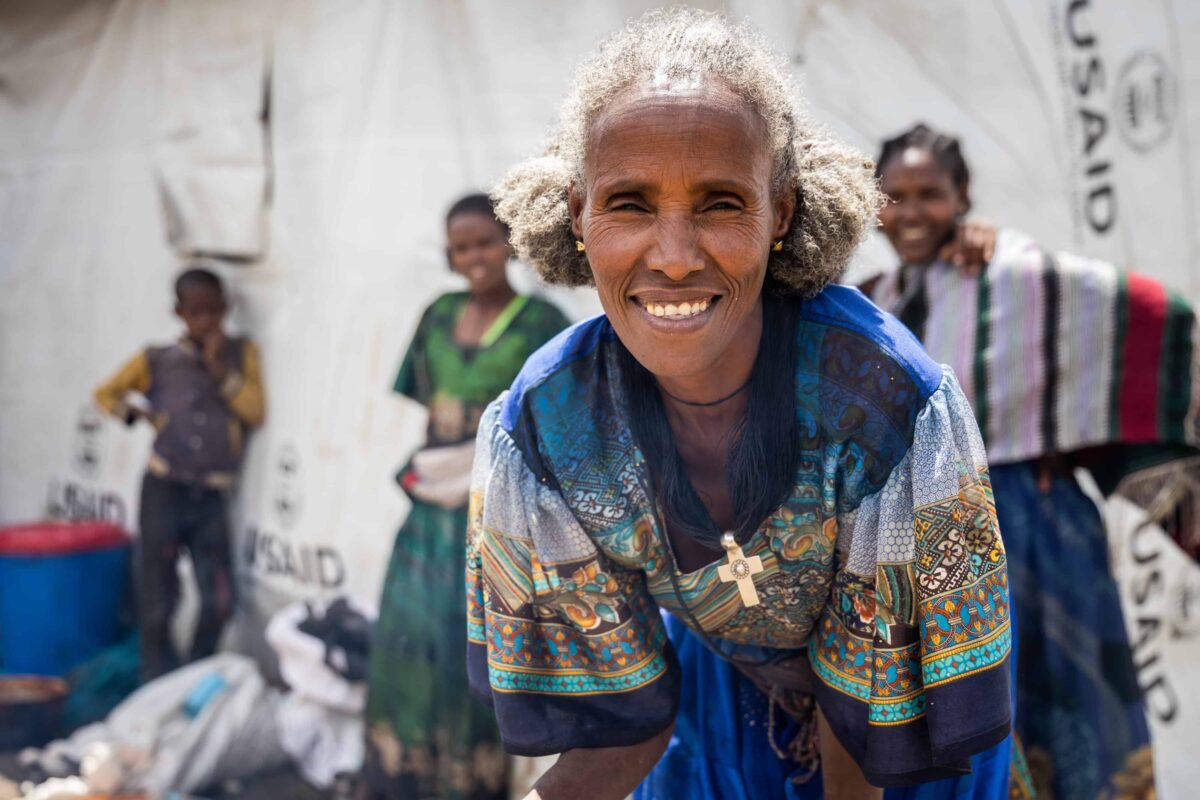
Targeted Efforts
With half of Ethiopia’s population aged 14 to 29 – and many of them with hopes that the 2018 elections would usher in new political and economic opportunities – the USAID Ethiopia Civic Engagement Activity will dedicate resources to youth-led and focused activities that provide them with civic engagement capacity strengthening, enhancing their advocacy skills and building coalitions. In addition, support will be provided to enhance their digital literacy and counter misinformation and disinformation that sows divisions in Ethiopia.
Though women are realizing some gains in Ethiopia (such as increased enrollment in primary schools), some 80 percent live in rural areas where they work in agriculture and their efforts are not recognized. An estimated one in three women experience physical, emotional or sexual violence and 65 percent of women have experienced female genital mutilation, according to USAID.
Women, as well as persons with disabilities and other marginalized groups, will be targeted for program co-creation, professional development and inclusion that allow them to assume larger civic roles in their communities and advocate for positive change with authorities.
“Collective impact provides all stakeholders in a community the opportunity to work together to identify and address issues that are important to them,” says Melissa Brill, the Chief of Party for the project. “Through the Ethiopia Civic Engagement Activity, Creative and our partners will provide the support and facilitation to bring these diverse groups together to improve their communities and strengthen governance in Ethiopia.”
Underpinning this civil society engagement is problem-driven iterative adaptation, a method for supporting organizations in identifying and tackling the root causes of complex problems. Participants determine, design, and implement experimental iterations with new ideas, learning and adapting along the way to achieve lasting solutions.
Susan Kemp, Governance Practice Area Director, highlights collaboration as the cornerstone of the new program.
“Working with our local partners, our approach to Ethiopia Civic Engagement will build on local assets and promote mutuality in line with USAID’s local capacity strengthening policy, prioritizing engagement of underrepresented groups and promoting meaningful, sustainable participation,” Kemp says.
